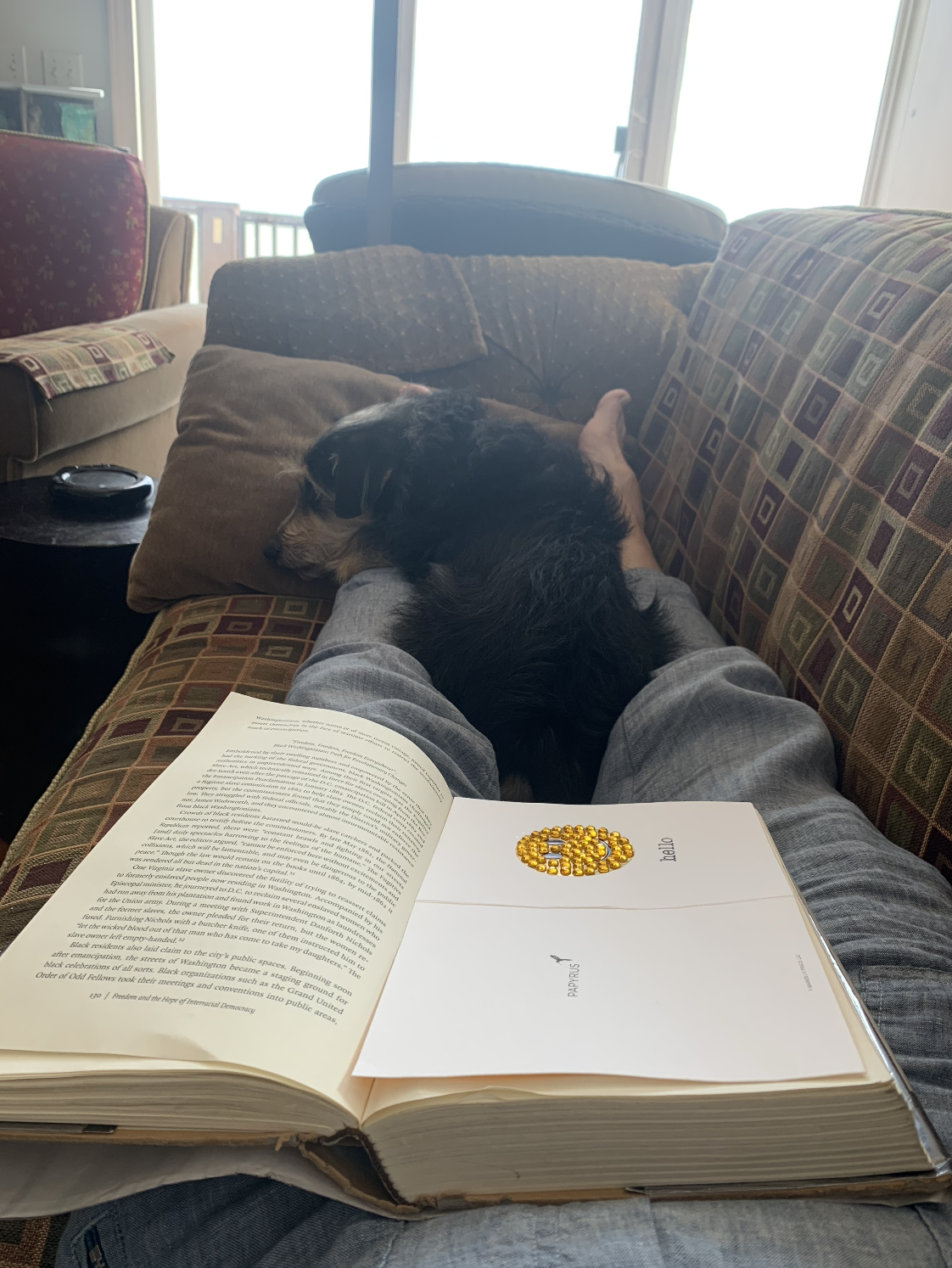Laziness Revisited
Dear Friends,
I hope you have been enjoying the summer days and have had some time for what Thich Nhat Hanh calls laziness. I made myself laugh pretty hard when, after writing this letter, I looked back at a blog I wrote one year ago and it was almost exactly the same message!
I’m going ahead with this newsletter anyway for three reasons: because I believe we can’t hear often enough the virtues of slowing down and taking time to rest, because I have a few new thoughts about laziness, and because I’m too lazy to write on a new topic.
Years ago, I learned a new way to think about laziness from the Zen master Thich Nhat Hanh. Here’s how he describes what taking a Lazy Day means:
“You may have an idea about the lazy day: Lazy day is a day when I can do what I like to do, but that is not a lazy day. Lazy day is a day when you refrain from doing anything; you resist doing things, because you are used to doing things. It can be a bad habit: if you are not doing anything, you have to die. You cannot bear the thought of doing nothing. It has become a habit. That is why, when you do not do anything, you suffer.”
After more than two decades of practicing laziness, I still find it pretty challenging. I definitely have the habit of doing, doing, doing. Having two cancer diagnoses in two years has been helpful to my laziness practice because I have learned how much worse I feel – in my body and my mind – if I don’t take some time to be lazy. Yet when I do nothing, I feel a little worthless…and a little guilty because I know that not everyone has the ability to take a lazy day or even a lazy hour.
Our current economic system also promotes non-laziness of both production and consumption. In order to keep our economy healthy (and our social media profiles plump) we are required to act on the habitual - and false - belief that we always need something more that we don’t have, and there’s always more we can be doing. Thai activist, author, and Buddhist, Sulak Sivaraksa, in his book, Seeds of Peace: A Buddhist Vision for Renewing Society, writes: “The use of market values and technology as a social barometer has devalued the worth of individuals, rendered irrelevant the quality of their lives, and stunted their creativity.”
I am learning to challenge these kinds of beliefs. I know that slowing down is good for all of us. Instead of wallowing in guilt and shame when I take time to rest, I joined a movement to allow more people the chance to be lazy from time to time. For example, I support this pilot guaranteed income program in Washington DC as well as other projects that fund rest and self-care for those who can’t be lazy because they have been too busy struggling to survive. (Check out the projects I recommend, and also the Nap Ministry to learn more.) The last few years have shown us just how much we all need this kind of rest.
The poet Rabindranath Tagore likens laziness to juice that feeds our natural creativity in his poem In the Eyes of a Peacock, which begins:
What a boon to have leisure —
No pressing tasks crowding in upon me
No hordes of people pestering me,
Trampling over my time.
I sit and write:
The sweetness of a free morning collects in my pen —
Like the juice that drips from a slit in a date-palm.
There are so many benefits to the practice of laziness. When we aren’t distracted by needing to do something else, we are more present with ourselves and others, creating deeper understanding and inspiring compassionate action. And, a lazy day or even a lazy half hour can wake us up to the beauty of what we already have and help to reduce the cravings for what we think we are missing. This craving is what the Buddha taught is the foundation of all of our suffering.
I recently spoke to a woman who remembered being on retreat with me at Blue Cliff Monastery, probably some 10 or more years ago. On our Lazy Day that week, most retreatants were going on an excursion to a nearby lake, and she recalled how I opted to stay back and watch ladybugs crawl around on a window. What’s so surprising to me is that I can remember that day very well, too, because time slowed down and I allowed myself to be mesmerized by the movement of the ladybugs and the beauty of my surroundings. The practice of laziness gave me a taste of true freedom. A moment of pure laziness can be a moment of real transformation.
I really hope that you are able to find a little time to be lazy this week, even if it’s just for a few minutes. I invite you to set aside some time without any parameters and see what arises. Watch the ladybugs or listen to the wind in the trees, whatever calls your attention in that moment. And when you’re finished being lazy, look for ways to offer the gift of laziness to those who don’t often have the financial means or time for rest. We all need laziness and we need each other to be well if we truly want to be free.


